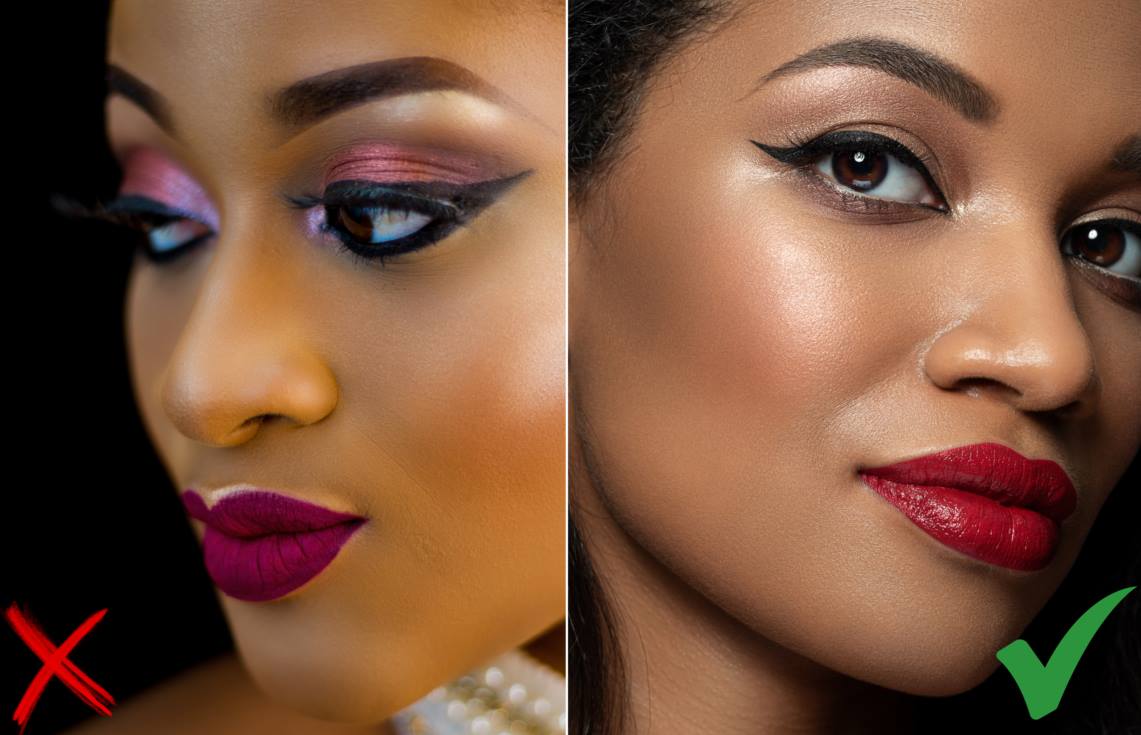What are the benefits of stem cell skincare for skin rejuvenation?

Over the years, advances in medical technology and micro-cellular discoveries have allowed stem cell skincare to transform and shape the beauty industry by employing the regenerative nature of stem cells for skin rejuvenation. These formulations contain ingredients that are inherently designed to restore vigor and youthful function to the skin cells, like boosting collagen production, promoting cellular renewal, and combating visible signs of aging such as fine lines, wrinkles, and sagging skin. Beyond this, stem cell skincare products are also known for their anti-inflammatory properties, making them particularly beneficial for individuals suffering from skin conditions like acne, rosacea, and eczema. They assist with soothing inflammation and diminishing redness and discomfort, which contributes to a more favorable complexion.
One of the major advantages of stem cell skincare is its impact on aging skin and how it works to restore the affected skin to its once-plump, firm, and wrinkle-free state. “Our body contains lots of different cells which sit there until they are told to do something,” says Dr. Mitchel Goldman, a cosmetic surgeon and board-certified dermatologist. By activating dormant cells, stem cell skincare can significantly reduce the appearance of fine lines, lax skin, and hyperpigmentation. Increased skin firmness and texture, improved elasticity, and a brighter, smoother complexion are all direct results of this, signaling an overall increase in the health of the skin. This is because stem cell extracts possess potent antioxidant and anti-inflammatory effects, which protect the skin from environmental damage like sun exposure, as well as lessen the negative impact of internal factors like autoimmune conditions.
By incorporating stem cell in formulations for skincare creams, serums, and other topical applications, the more active ingredients can penetrate past the outer dermis layer and work beneath the surface to influence the extracellular matrix. The efficacy of stem cells is grounded in their unique ability to transform into various cell types that perform different functions (differentiation) or help transmit important messages between cells to maintain communication. These kinds of specialized stem cells are known as Mesenchymal Stem Cells (MSC), and also perform powerful self-renewal functions (proliferation) which allow them to travel to the site of the injured or deteriorated tissue to treat and reconstruct the damage. Within these stem cells exist bioactive molecules called cytokines, growth factors, and exosomes that all serve their own roles in the extracellular matrix.
Cytokines are proteins that act as critical mediators in the immune system, helping to manage the body’s response to inflammation from illnesses and injuries. They contribute to the health of the skin by signaling cells to repair and rebuild any damaged tissues. Growth factors are the molecules that stimulate cells to produce collagen and elastin, which provide the skin with its resilient structure and bouncy nature. The inclusion of growth factors in stem cell skincare helps achieve a smoother and more youthful appearance. Exosomes, meanwhile, are considered to hold the most potential for their role in cell-to-cell communication. They are tiny extracellular vesicles that are released from cells and carry the nucleic acids, proteins, and lipids necessary for transmitting information between cells to ensure proper functioning. In skincare, exosomes extracted from stem cells can deliver messages that encourage repair and promote the generation of new cells to replace the old and damaged ones. This advanced mechanism accelerates the skin’s healing process, boosts rejuvenation, and strengthens cellular growth.
Whether they are applied as a post-treatment solution or as part of an everyday skincare routine, the stem cell extracts introduced to the dermis will effectively serve as a sort of internal repair system. When implemented in skincare treatments either as a supporting or recovery solution, they provide a source of bio-signals that can encourage the skin’s own cells to regenerate and reconstruct themselves. Clinical studies and tests involving cosmeceutical CALECIM® Professional have been conducted to measure the effects of topical applications of stem cell extracts on the epidermis. A specially curated mix of compounds using exosomes and growth factors called PTT-6® was found to accelerate the skin’s renewal process, measuring for a 600% improvement in skin thickness, and a 42% increase in skin cell growth in just one week. Additionally, the skin’s appearance and cellular functioning were shown to have improved through the production of collagen and elastin, two proteins that are central for maintaining the skin’s structure and elasticity. Sufficient elasticity within the skin is “the fundamental property of young skin”, as emphasised by Professor Phan Toan Thang from the Wound Healing and Stem Cell Research Group at the National University of Singapore.
Skin cells can also receive damage from environmental aggressors like UV exposure, pollution, smoking, or stressful lifestyles, which, in turn, exacerbate premature ageing in the epidermis. Skincare designed to utilize stem cell extract components have the stronger effect of encouraging repair and renewal of these micro-injuries in order to build more resilience in the cells, thereby promoting healthier skin that can better defend itself against future damage. Hyaluronic acid, a key component in skin hydration, is also greatly improved with the use of stem cell skincare, with “one molecule of hyaluronic acid [binding] to 20 molecules of water”, according to Professor Phan. This form of hydration assists in maintaining a fuller shape of the skin, as well as fights against dryness and dullness.
With their ability to stimulate skin repair and regeneration, stem cells offer a next-level approach to targeted skincare, and compared to over-the-counter brands, cosmeceuticals like CALECIM® Professional look to leverage their unique revitalising properties to achieve healthier and more youthful skin. Any clinically-backed stem cell formulations are expected to be as potent as they are beneficial in effectively addressing ageing or different types of skin concerns, and a skincare routine that includes them will only benefit from such a comprehensive approach to skin health.











